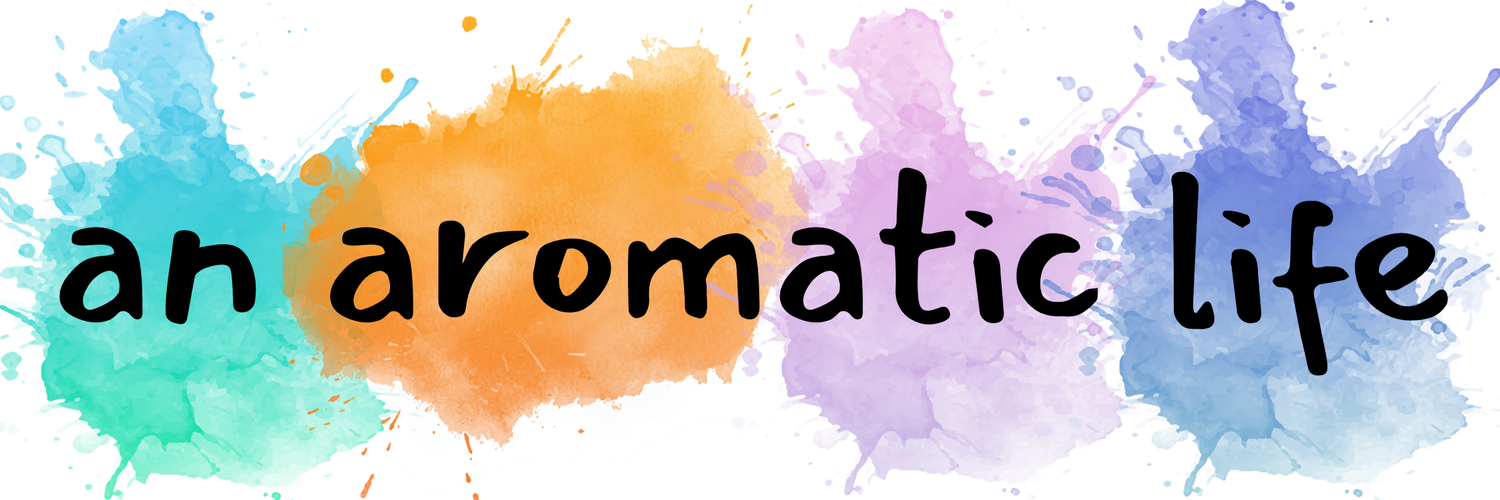The Scent Tattoo Project
A project about connecting humans through scent.
Each of us has a unique life story and scent is distinctly qualified to tell that story.
Stories are memories.
And smell evokes our most emotional memories.
“For the sense of smell, almost more than any other, has the power to recall memories and it is a pity that we use it so little.”
Every scent tells a story.
And it’s these stories that connect us as humans.
WHY SCENT*TATTOO?
From the moment you are conceived inside your mother’s womb, each and every smell you encounter leaves an impression in the brain. With each interaction, you are forming new nerve pathways in the limbic system - the emotional part of your brain. So, in effect, every moment you are living and breathing, you may be imprinting scent tattoos in your brain - creating a lifetime of scent memories.
Scent (n) : a distinctive smell or odor, especially one that is pleasant.
Tattoo (n) : an indelible (not able to be forgotten or removed) mark or figure fixed upon the body.
SMELL & MEMORY
BEFORE BIRTH:
Our sense of smell develops in the womb. In fact, as early as 6-7 weeks into pregnancy, olfactory neurons, which help to process odors in the brain, start to develop. Just a few weeks later the baby has nasal cavities, creating the foundation of the nose. Soon after, the connection between what the baby inhales through the nostrils and what she tastes in her mouth is made.
Around weeks 7-10, the baby is able to react to touch and warmth as well as chemical stimuli like the freshness of mint or the spiciness of pepper. The olfactory smell receptors start to form in the third month. These receptors are what will later identify odors in the outside world.
In months 4 and 5, the olfactory receptors are connected with the olfactory bulb in the brain. This connection is what creates the smell gateway from the outside world to the brain. By the 6th month the baby is ready to detect odors.
Although, understandably, no research has been done on babies in the womb, there is some research on preterm infants that suggests babies are able to smell throughout the third trimester, and maybe earlier.
THE FIRST 10 YEARS:
As soon as we are born, we are making scent memories. Every odor molecule that you breathe in gets “mapped” to your brain. Each odor receptor (the nerve ending that receives the incoming odor molecule) is sensitive to one particular odor molecule. We humans have about 10-20 million odor receptors that help to detect more than 1 trillion odors.
The mapping of the odor first happens in the olfactory bulb, which is part of the limbic system. After initial processing here, odor messages are sent on to several parts of the brain including the amygdala (also part of the limbic system) which activates emotion and emotional memories. Our memories are tied to our experiences of emotions and that’s how we learn about smells.
IT’S PERSONAL & SUBJECTIVE:
When two people smell the same thing, they can have very different responses to the odor. That’s because the response to the odor is based on previous experience with that odor. Our brain isn’t simply processing and reacting to the chemical molecules that make up an odor, but importantly reacting to previous experiences with the odor and our knowledge of what the odor is. This is why when you see two people from different backgrounds smelling the same scent, you may find that one person finds the scent very agreeable while the other person doesn’t.
Each time a new odor is experienced, the brain tries to attach it to memories and experiences from the past - knowledge it has already “mapped” in the brain. The brain is trying to interpret the experience.
The majority of our scent memories take place in the first 10 years of life. This is due to the fact that we are experiencing so many new odors for the first time. People can have completely different responses to the same odor simply because of what they experienced in those first 10 years of life.
And because we’re such “smell sponges” during this time, later in life we may experience an odor that we have a strong reaction to, but can’t necessarily easily identify. The odor is stored in our subconscious ready to be recalled as needed. Think about how often you may have said “that scent is so familiar, but I can’t put my finger on it”. You’ve had a personal experience with the odor at some point in your life - your brain remembers and responds positively or negatively, but you may not remember why.
If it’s able to classify the odor, it will respond to it - positively or negatively. If it has never experienced the odor, it’s newly stored in the brain for future reference. In any case, the response to the odor is personal and subjective, all based on previous experiences.
SHARE YOUR SCENT MEMORY
Write us and bring your scent memory to the project.





